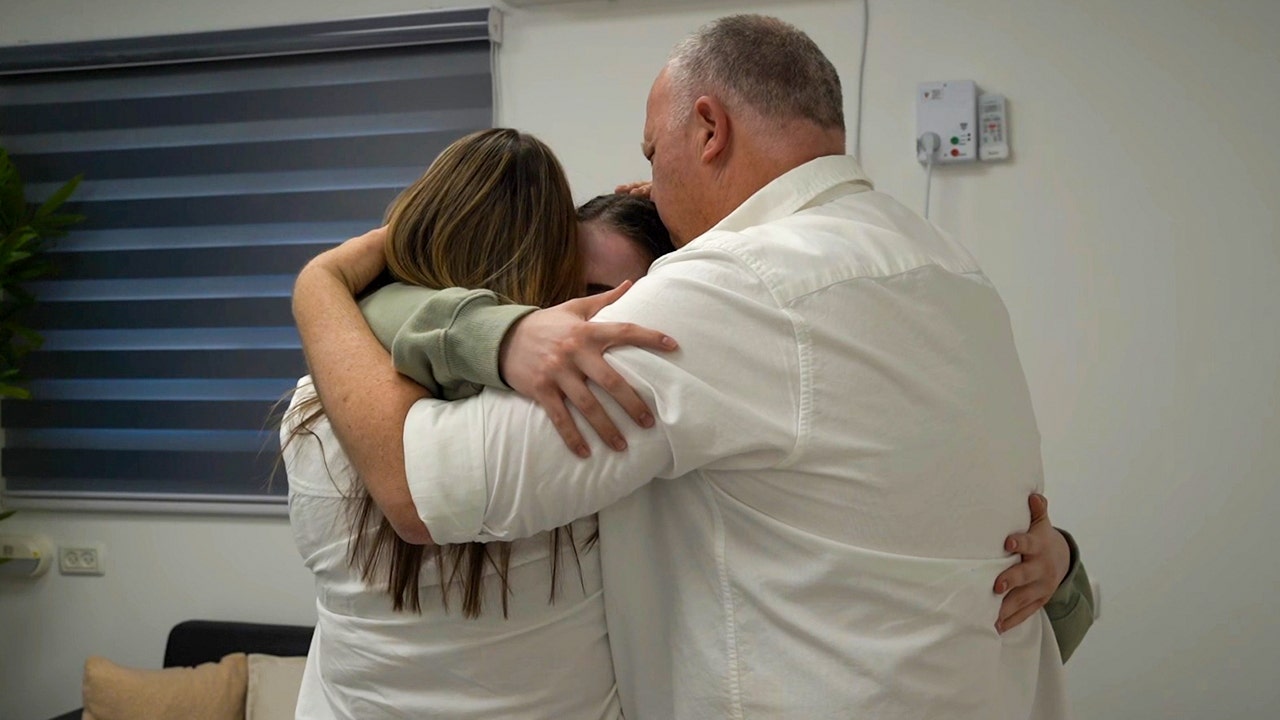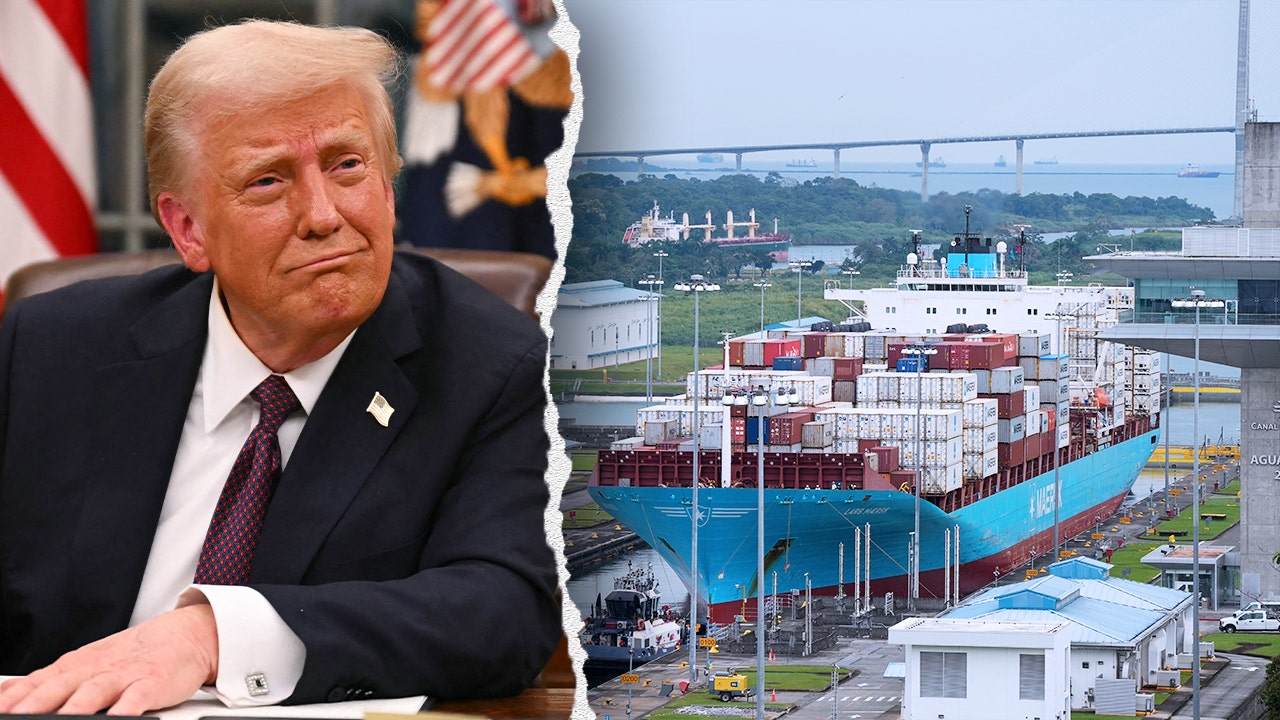Rosemary DiCarlo said that the International Atomic Energy Agency (IAEA), has reported that Iran intends to install new centrifuges in one of its fuel enrichment plants and to produce up to 60 percent enriched uranium in another.
The agency, she continued, estimates that the country now has a total stockpile of enriched uranium that is more than eighteen times the allowable amount Joint comprehensive action plan (JCPOA), the nuclear deal developed in the wake of Resolution 2231, including “worrying levels of uranium” enriched up to 60 percent.
The IAEA’s ability to effectively oversee Iran’s nuclear facilities and ensure they are used for exclusively peaceful purposes — a core element of the JCPOA — is now under threat from Iran’s decision to remove the agency’s monitoring and surveillance equipment, he said Mrs DiCarlo.
“Against this backdrop, we call again on Iran to reverse steps taken since July 2019 that are inconsistent with its nuclear-related commitments under the plan,” said Ms. Di Carlo, who also called on the United States to lift its sanctions or rescind as outlined in the agreement and extend the oil trade waivers with Iran.
“Different Views”
Ms. Di Carlo then turned to the provisions of the plan regarding ballistic missiles and specifically two launch vehicle flight tests conducted by Iran in June and November of this year and a new ballistic missile unveiled by Iran in September.
Information obtained by the UN about this hardware reflects “differing views” between certain member states – France, Germany, Iran, Israel, the Russian Federation, the United Kingdom and the United States – on whether these launches and other activities are incompatible are with resolution 2231.
Ms Di Carlo announced that the UN has inspected parts of cruise missiles seized by the British Royal Navy in international waters south of Iran which it believes to be of Iranian origin, similar to parts seen in the wreckage of cruise missiles are used by the Houthis against Saudi Arabia and the United Arab Emirates between 2019 and 2022 and those seized by the United States in 2019.
The UN, she continued, has also received letters from Ukraine, France, Germany, the UK and the US regarding alleged transfers of unmanned aerial vehicles (UAVs) from Iran to the Russian Federation that contradict Resolution 2231.
However, Iran’s permanent representative, she said, has denied that his country supplied UAVs for use in the conflict in Ukraine; while Russia has also expressed serious concerns about the requests from these Member States.
In addition, according to Ms Di Carlo, Ukraine, France, Germany, the United Kingdom and the United States have claimed that some of the UAVs transferred from Iran to Russia were made by a company included on a list of individuals and organizations subject to targeted sanctions under Resolution 2231.
The head of policy and peacebuilding said the UN is reviewing the information available and will report back to the Council as appropriate in due course.





